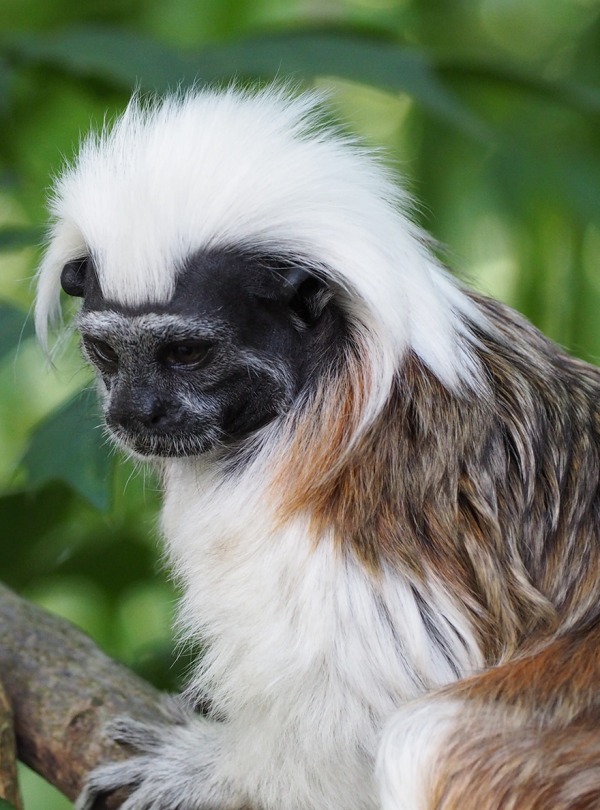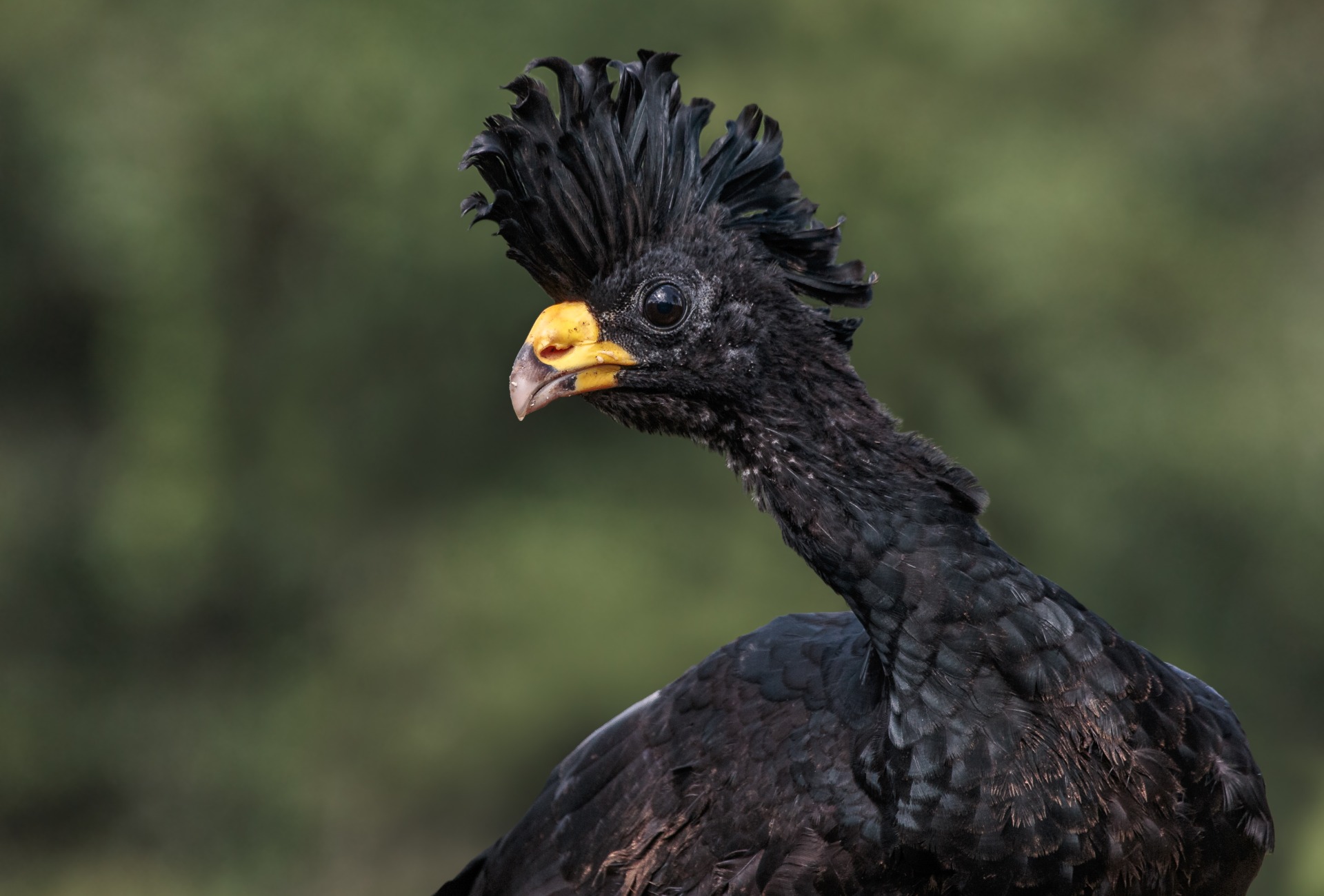
Protect Colombia’s Middle Magdalena Valley
Support More Work Like ThisSupport More Work Like ThisThe Middle Magdalena Valley is characterized by high levels of endemism and species diversity, and is a wintering ground for many migratory bird species from North America.
-
Species at Risk
Blue-billed Curassow (CR), Magdalena River Turtle (CR), Variegated Spider Monkey (CR), Barbudo (CR), Silvery-brown Tamarin (EN), Varied White-fronted Capuchin (EN)
-
Carbon stored
705,286 mT*
*(metric tons of CO2 equivalents) -
Partner
Fundación Biodiversa
-
6,880 Proposed Acres Conserved by
Purchase
-
Project Cost: $2,509,330
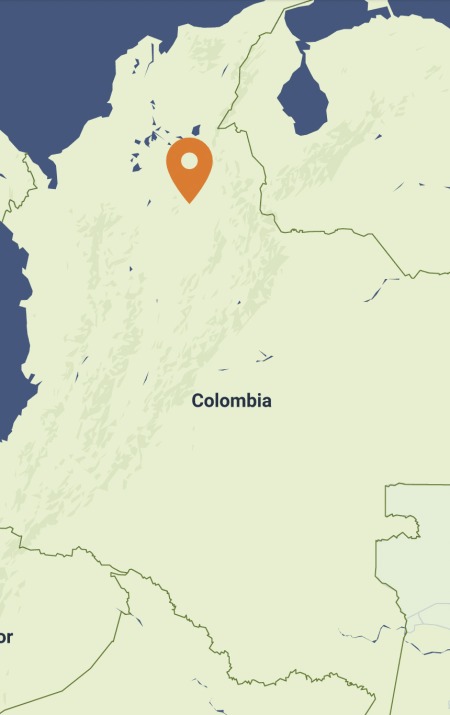
6,880
The Middle Magdalena Valley is characterized by high levels of endemism and species diversity, and is a wintering ground for many migratory bird species from North America.
-
Species at Risk
Blue-billed Curassow (CR), Magdalena River Turtle (CR), Variegated Spider Monkey (CR), Barbudo (CR), Silvery-brown Tamarin (EN), Varied White-fronted Capuchin (EN)
-
Carbon stored
705,286 mT*
*(metric tons of CO2 equivalents) -
Partner
Fundación Biodiversa
-
6,880 Proposed Acres Conserved by
Purchase
-
Project Cost: £2,073,826

6,880
The Middle Magdalena Valley (MMV), between the Central and Eastern Andes of Colombia, lies within the highly threatened Tumbes-Choco-Magdalena Biodiversity Hotspot and the Magdalena-Uraba moist forest ecoregion. These areas are characterized by high levels of endemism and species diversity, and are wintering grounds for many migratory bird species from North America. But this region has also been the center of development in Colombia. Extensive cattle farming has caused widespread deforestation and wetland degradation.
The Barbacoas wetlands and nearby forests, a stretch of habitat in the center of the valley, are one of the last remnants of the original ecosystem. Rainforest Trust and Fundación Biodiversa Colombia will expand the Barbacoas Reserve by 6,880 acres via two projects.
The December 2022 purchase of 5,565 acres of wildlife corridor created the largest connected forest expanse in the lowlands of the highly fragmented Middle Magdalena Valley, an area of tropical dry forest poorly represented (only .7%) in Colombia’s portfolio of protected areas. But our work isn’t done.
In July 2022, Rainforest Trust and Fundación Biodiversa began another effort to expand Barbacoas Reserve by an additional 1,315 acres, of which all but 161 acres are protected. These expansions are part of a strategy to establish the largest core refuge in the region for threatened species including the Variegated Spider Monkey (CR) and Blue-billed Curassow (CR).
Explore Colombia
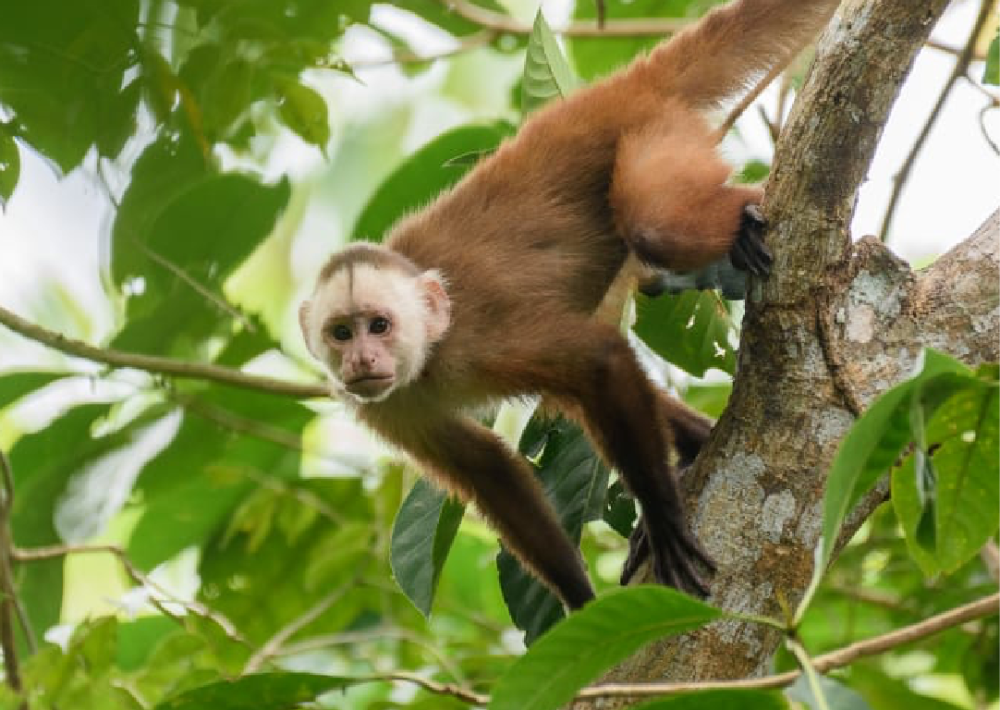
The Varied White-fronted Capuchin, photo by Santiago Rosado/Fundación Biodiversa
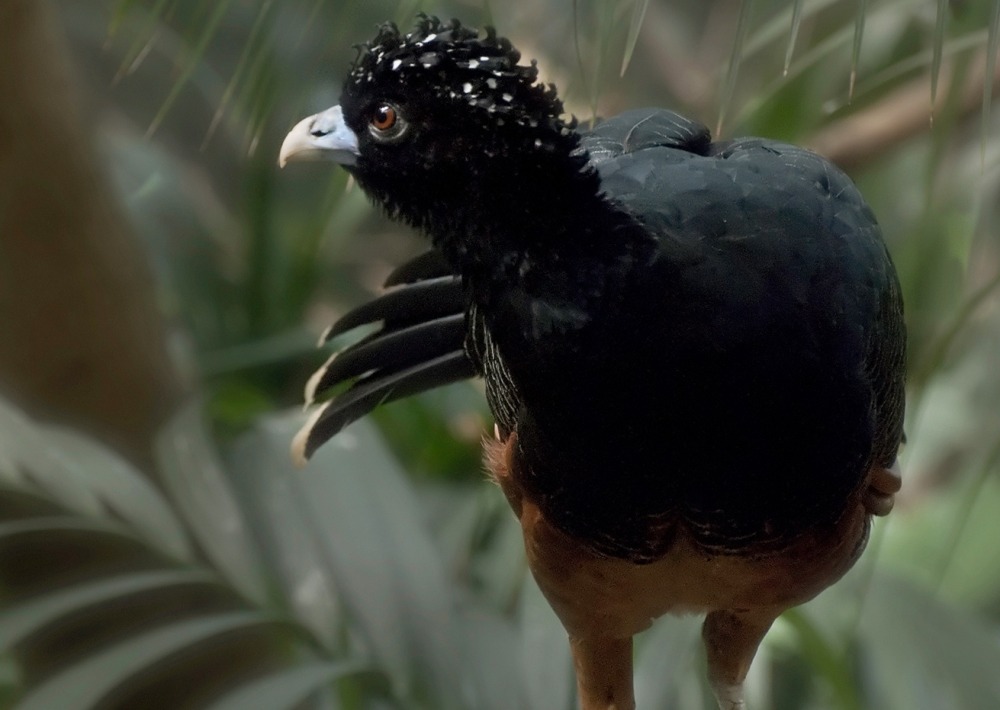
Colombia's Blue-billed Curassow, by Wolfehr
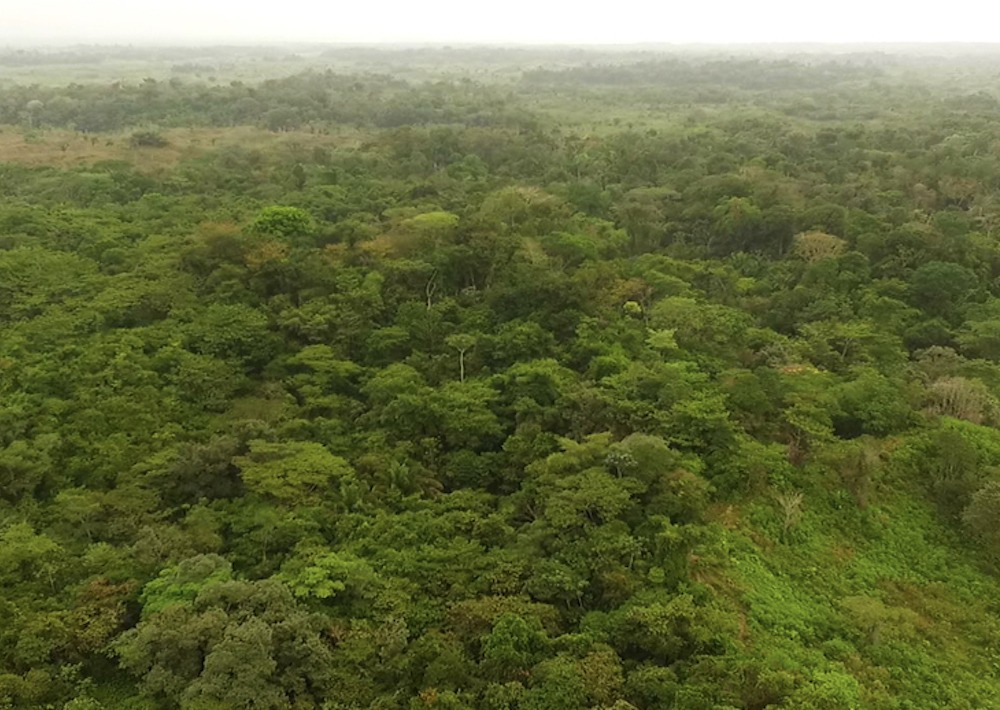
Biodiversity
Colombia is the second-most biodiverse country in the world and the MMV is one of its most biodiverse regions, with more than 50 mammal, 630 bird, 120 reptile, 50 amphibian, 120 fish and 4,000 vascular plant species.
In addition to high levels of endemism and species diversity, the MMV is a wintering habitat for migratory bird species such as the Prothonotary Warbler (LC) which migrates from breeding grounds in Canada and the United States to Central America and South America. The area is also a Pleistocene refugium, meaning it hosts a variety of unique species that survived Ice Age glaciation. Fundación Biodiversa Colombia’s surveys show that, since 2010, the Barbacoas wetlands and rainforests still preserve most of the original MMV biodiversity, including Variegated Spider Monkey, Blue-billed Curassow, Magdalena River Turtles (CR), Barbudo (CR), Magdalena Striped Catfish (EN), Silvery-brown Tamarin (EN), Jaguar (NT), Lowland Tapir (VU), and Caribbean Manatee (EN), a subspecies of American Manatee
Challenges
The MMV has suffered extensive development from cattle ranching throughout Colombia’s history, and the Barbacoas area is one of the last remnants of the original ecosystem.
But many landowners still see forests and wetlands as future areas for cattle and have been clearing forest illegally, putting even these remaining habitat patches at risk. Forests on the Rancho Verde property, one of the properties for purchase, have been preserved due to goodwill, but the landowner is eager to sell. If this property is not secured for conservation, it will likely be purchased by cattle ranchers. This would put the forests and wetlands under imminent threat of destruction.
Solutions
The properties slated for purchase harbor some of the most well-preserved and extensive forest patches in the Barbacoas wetlands.
These forests are critical to the ecological integrity of the Barbacoas, connecting the eastern and western forests and creating a link between four surrounding Key Biodiversity Areas: Serranía de San Lucas, Serranía de los Yariguíes, Serranía de las Quinchas and Cañon del Río Alicante. Once purchased, Fundación Biodiversa Colombia rangers will patrol the area, and staff will support the environmental authorities and build capacity in the community in restoration, plant nurseries, agro-ecology and ecotourism as economic alternatives.
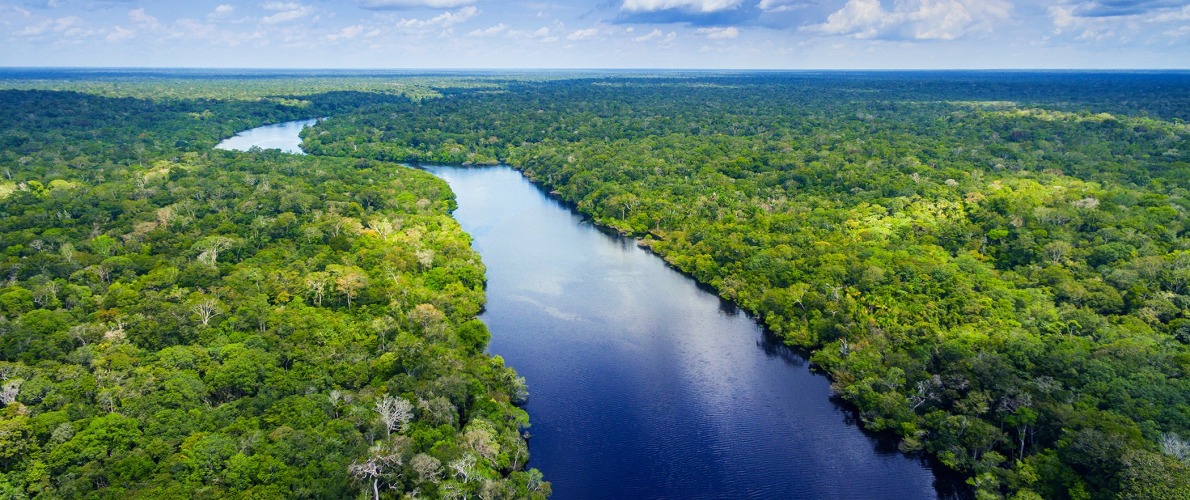
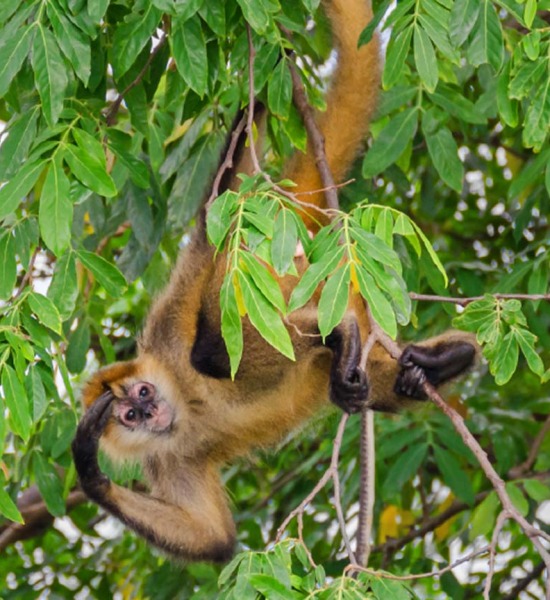
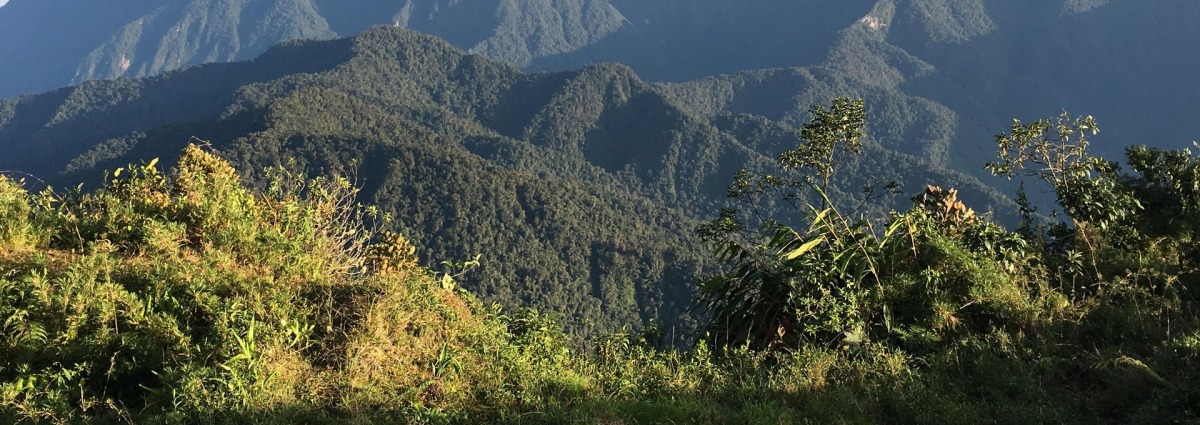

Partnering to Save the Rainforest
Our partners’ ability to work with their governments and build strong connections with local communities ensures the successful implementation of our projects.
Learn More About This PartnerLearn More About This Partner
